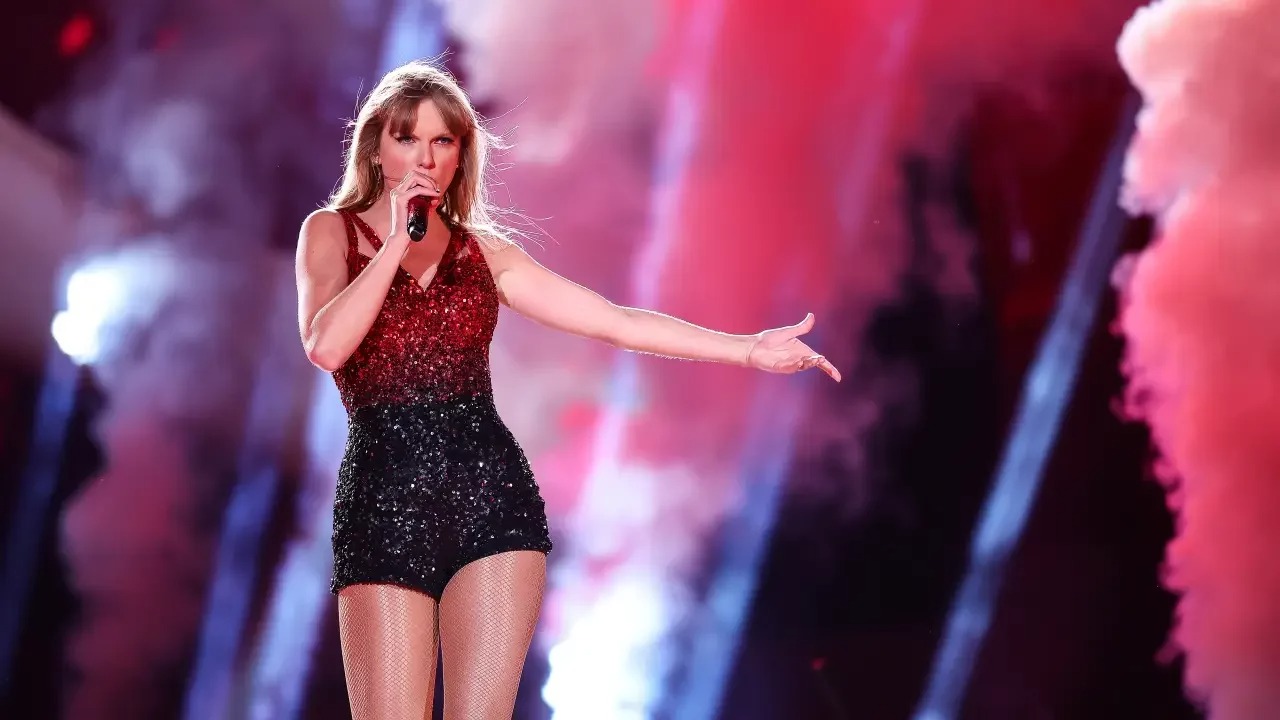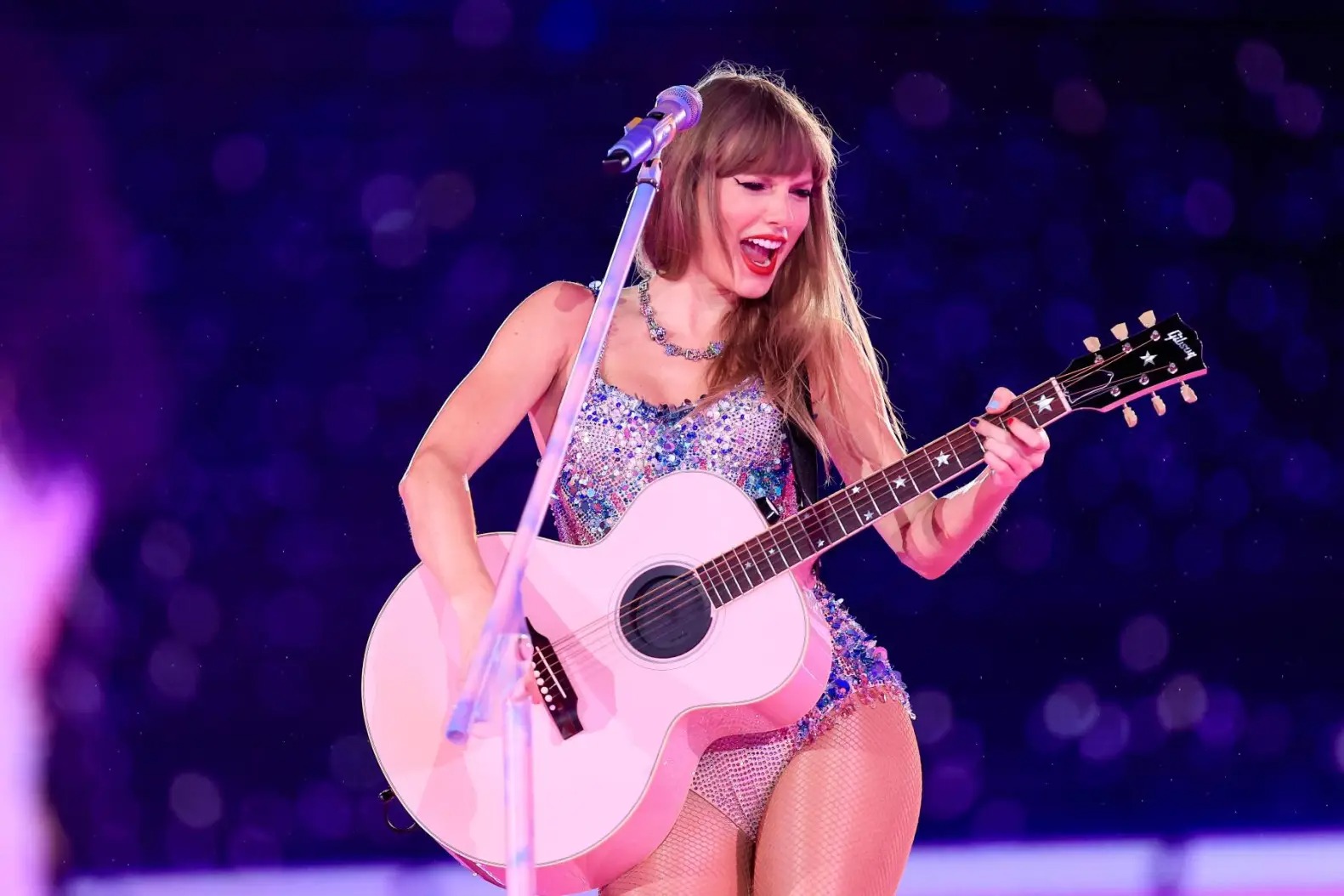TikTok has taken a bold step by removing music from prominent artists, including Taylor Swift, The Weeknd, and Olivia Rodrigo, from its videos following a dispute with Universal Music Group (UMG), their record label. The clash ensued as the licensing agreement between TikTok and UMG expired on Wednesday, and negotiations for a new deal proved unsuccessful.
UMG accused TikTok of seeking to pay a substantially lower rate compared to other social media platforms for access to its song catalog. In response, TikTok countered, labeling UMG’s stance as a “false narrative and rhetoric.”
As a consequence, videos featuring UMG music are now muted, and users are unable to create new videos using those tracks.

Music by Taylor Swift (Credits: Forbes México)
This development has impacted various artists, with some, such as Ariana Grande and Katy Perry, experiencing the disappearance of the majority of their music from their official TikTok pages.
Similarly, Billie Eilish, another UMG artist, had almost all of her songs removed, with only one remaining due to its association with a soundtrack published by Warner Music Group.
Notable tracks like Sophie Ellis-Bextor’s “Murder on the Dancefloor,” which gained popularity after featuring in the film Saltburn, are also no longer accessible. However, unofficial, sped-up, and slowed-down versions of the affected tracks remain available for use on the platform.
The repercussions extend beyond the artists themselves, as musicians like Noah Kahan voiced frustration about being unable to promote new songs on TikTok.
Cody Fry, an artist signed to a UMG-owned record label, expressed feeling caught between “two colliding planets,” discovering the licensing agreement’s expiration as one of his tracks gained traction in China.
The dispute highlights the longstanding concern within the music industry about the minimal compensation artists receive from platforms like TikTok for using their music.
Royalty payments are crucial for artists and music companies, and TikTok relies heavily on music as the backdrop for user-generated content.
The disagreement between UMG and TikTok became public as they failed to reach a new deal before the January 31 deadline.
In an open letter, UMG accused TikTok of attempting to build a music-based business without offering fair compensation for the music. UMG also expressed concerns about receiving fair compensation for AI-generated songs that imitate real artists, adding another layer to the dispute.
TikTok responded by accusing UMG of prioritizing greed over the interests of their artists and songwriters. The platform defended its position as a significant promotional and discovery tool for talent with over a billion users.
Despite the public fallout with UMG, TikTok had previously secured a licensing deal with Warner Music in July 2023, emphasizing the ongoing complexities and negotiations in the relationship between music labels and social media platforms.























